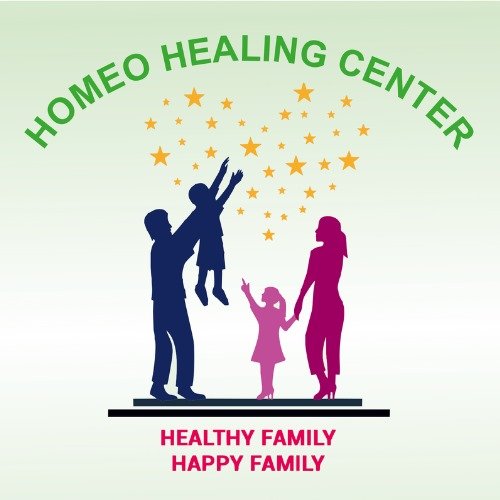Homeopathy has become a trusted ally for millions seeking natural and holistic healing, but have you ever wondered how it all began? The journey of homeopathy spans centuries, blending ancient wisdom with modern innovation. This fascinating path has shaped it into a healing practice that continues to thrive worldwide. Let’s explore the origins, evolution, and enduring relevance of homeopathy in today’s fast-paced world.
Ancient Beginnings: The Philosophy of “Like Cures Like”
The seeds of homeopathy can be traced back to ancient civilizations. The principle of “like cures like,” which lies at the heart of homeopathy, was first mentioned by Hippocrates, the Father of Medicine, around 400 BCE. He observed that substances causing symptoms in healthy individuals could be used to treat similar symptoms in the sick. This philosophy resonated deeply, influencing medical practices for centuries to come.
The Birth of Modern Homeopathy
Homeopathy as we know it today began in the late 18th century with a German physician, Dr. Samuel Hahnemann. Dissatisfied with the harsh and often dangerous medical treatments of his time, Hahnemann sought a gentler, more effective alternative.
In 1796, he formulated the Law of Similars—the idea that a substance causing symptoms in a healthy person could cure similar symptoms in a sick person when given in highly diluted doses. Through meticulous experimentation, Hahnemann developed a system of preparation known as potentization, which enhances a remedy’s healing properties while eliminating toxicity.
His groundbreaking work laid the foundation for homeopathy, and his 1810 publication, The Organon of Medicine, became the cornerstone of this new approach to healing.
Homeopathy Spreads Across the Globe
By the 19th century, homeopathy had gained immense popularity across Europe and beyond. It appealed to people seeking gentler, more holistic treatments during an era when conventional medicine often relied on invasive procedures and toxic substances.
In the United States, homeopathy flourished, with over 100 homeopathic medical colleges established by the late 1800s. Renowned figures, including literary giant Mark Twain and industrialist John D. Rockefeller, were staunch advocates of homeopathy. Its success wasn’t limited to the West—homeopathy found a strong foothold in India, where it became an integral part of the healthcare system.
Challenges and Resilience
The 20th century brought significant advancements in conventional medicine, overshadowing homeopathy in many regions. Despite this, homeopathy endured, thanks to its devoted practitioners and satisfied patients who valued its personalized and gentle approach.
In the 1970s, a renewed interest in natural and alternative therapies sparked a resurgence of homeopathy worldwide. Modern science and technology have since enabled more rigorous research, providing deeper insights into its mechanisms and effectiveness.
Homeopathy in the Modern Era
Today, homeopathy is practiced in over 80 countries and remains a vital part of global healthcare. Its holistic principles align perfectly with contemporary wellness trends, emphasizing prevention, individuality, and balance.
Advancements in digital tools and research continue to expand its reach. Many clinics now offer online consultations, making homeopathy accessible to a broader audience. Moreover, collaborations with conventional medicine have showcased its complementary benefits, from managing chronic conditions to alleviating side effects of treatments like chemotherapy.
The Enduring Appeal of Homeopathy
What makes homeopathy so timeless? Its essence lies in its compassionate approach to healing. It treats individuals, not just diseases, and focuses on restoring harmony between mind, body, and spirit. This human-centric philosophy resonates deeply, especially in an age where personalized care is increasingly valued.
A Legacy of Healing and Hope
The journey of homeopathy from ancient roots to modern practice is a testament to its enduring relevance. It has weathered skepticism, embraced innovation, and continued to touch lives across generations.
Whether you’re new to homeopathy or a long-time believer, its rich history reminds us of the power of gentle, thoughtful healing. At its core, homeopathy is about understanding you—your story, your symptoms, and your path to wellness.
Ready to explore the transformative power of homeopathy? Let history inspire you to embark on your own healing journey with this time-honored practice.


